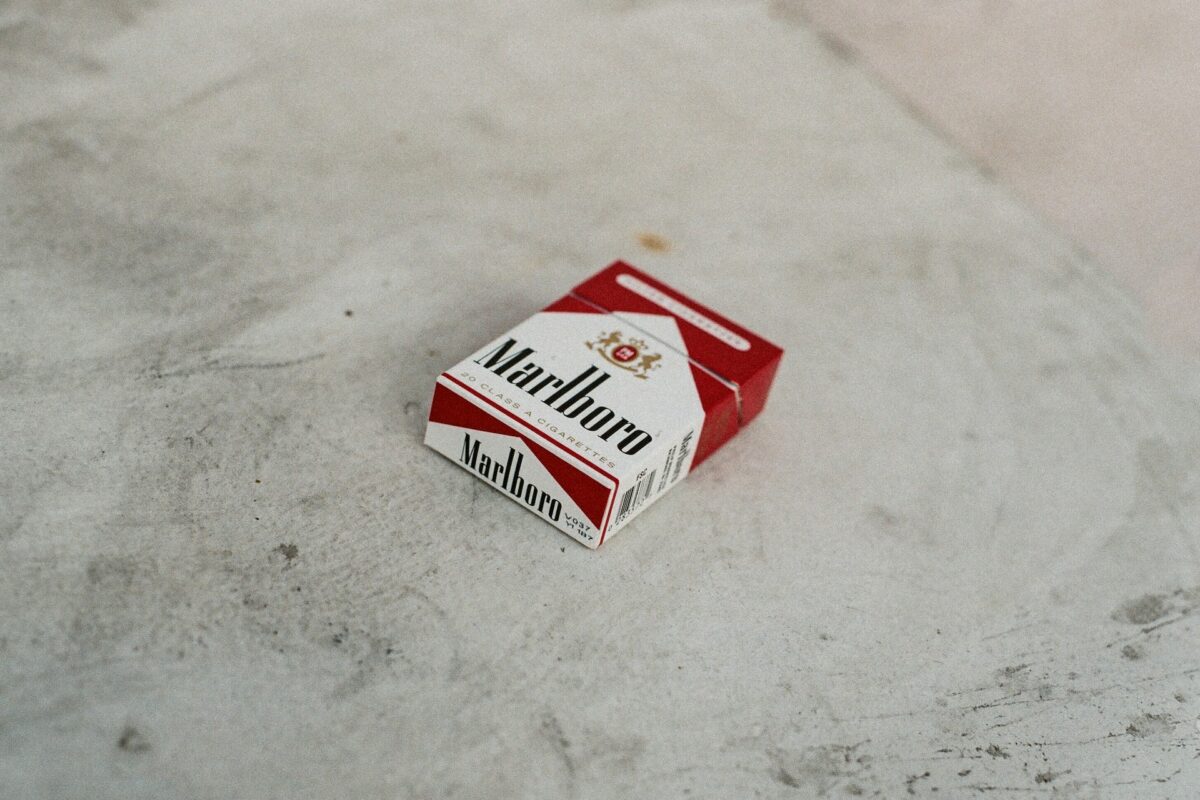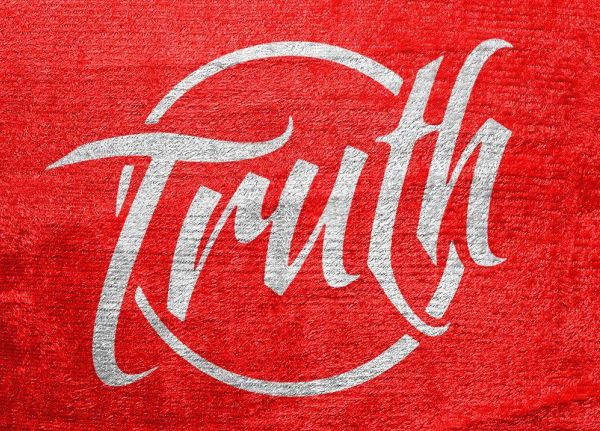Buy shares in BP. That was the bizarre advice from Royal Bank of Scotland analysts last week after those bright sparks worked out that even the worst possible costs of the Deepwater Horizon will total less than the actual drop in BP’s market value.
RBS has, of course, got it wrong again. Long after the costs have been paid and the oil cleaned up, BP will continue to live in infamy as one of the world’s most shamed brands. The official terminology for this kind of perilous state is negative brand equity. And it spells disaster and probable death for the company that was once known for being “Beyond Petroleum”.
Negative brand equity occurs when a company’s brand actually has a negative impact on its business – meaning that the company would be better off with no name at all. It happened in the Seventies when Tesco’s brand was so poorly perceived that Imperial Tobacco decided not to acquire the retailer for fear of being associated with such a tarnished and unpopular organization. It happened again in the Nineties when Skoda discovered to its horror that it could not get British consumers to buy its cars despite spending millions on advertising. Consumer research later confirmed that two-thirds of its target market would literally not consider anything at any price that carried the Skoda badge.
And now we have BP. Like every case of negative brand equity before it, the peculiarities of the situation mean that all the traditional advantages of branding are now inverted. BP would be better off whitewashing its forecourts and removing all evidence of its Helios brand identity. That said, the actual impact of the Deepwater disaster on BP’s petrol pump sales is likely to be localized and temporary. We know from past history that petrol consumers are a fickle bunch. When the Exxon Valdez oil tanker spilled its load into Prince William Sound in 1989 the enduring impact on Exxon’s gas sales, even in the state of Alaska, was virtually zero.
Unfortunately for BP, the more serious implications of negative brand equity transcend consumer sentiment. BP is discovering that negative brand equity can also have a detrimental impact on its relationships with suppliers. Earlier this month, for example, the company returned to its bankers to seek additional finances to help fund the clean-up operation in the Gulf. While BP did apparently raise money, the funds were only obtained after it agreed to pay significantly greater margins and fees. BP needs to get used to this – it will become standard business practice from now on as suppliers that once prided themselves on dealing with BP regard such interactions as a reputational and financial risk. Even Lord Coe, the head of the 2012 London Olympics, recently had to defend BP’s sponsorship of the Games in light of the Deepwater affair. The tarnished oil giant can’t even give money away without a fight.
Even more pernicious damage is being done to BP at the employee level. Internal memos at BP have recently advised staff not to wear the company logo and to take caution in revealing who they work for in public settings. Good advice, but also a measure of the kind of impact that negative brand equity has on human resources strategies. One of the biggest drivers behind the rebranding of BP in 2000 as “Beyond Petroleum” was to avoid losing talent to better positioned, more ethical brands. BP now faces the prospect of navigating the century ahead with a damaged brand and an increasingly second-rate management team.
And finally there are the financial implications. A well run global brand like Google trades at a massive premium from its net assets because it also owns a brand name that has widespread awareness and positive associations. Millward Brown values Google’s brand equity at $114bn (£75bn), or roughly three-quarters of the company’s total value. In contrast, BP’s current market capitalization is less than its book value. If you broke up and sold off all its oil wells, offices and other assets, you would recoup a sum bigger than BP is currently worth. To put it in layman’s terms, BP is worth more dead than alive.
And death is exactly what will eventually befall BP. It will probably be gobbled up by a competitor keen to get its hands on BP’s assets for less than they are actually worth. Even if BP avoids that fate, its brand is so tarnished that it will eventually have to break itself up and rebrand the various offshoots with new identities untainted by any association with its current corporate identity.
However it eventually occurs, the death of BP is an entirely appropriate fate for a brand that claimed it was green (and wasn’t) and a company whose core competence was pumping oil safely to land (and couldn’t). Good riddance.
Published by Branding Strategy Insider in partnership with Marketing Week
The Blake Project Can Help: Discover Your Competitive Advantage With Brand Equity Measurement
Branding Strategy Insider is a service of The Blake Project: A strategic brand consultancy specializing in Brand Research, Brand Strategy, Brand Growth and Brand Education




